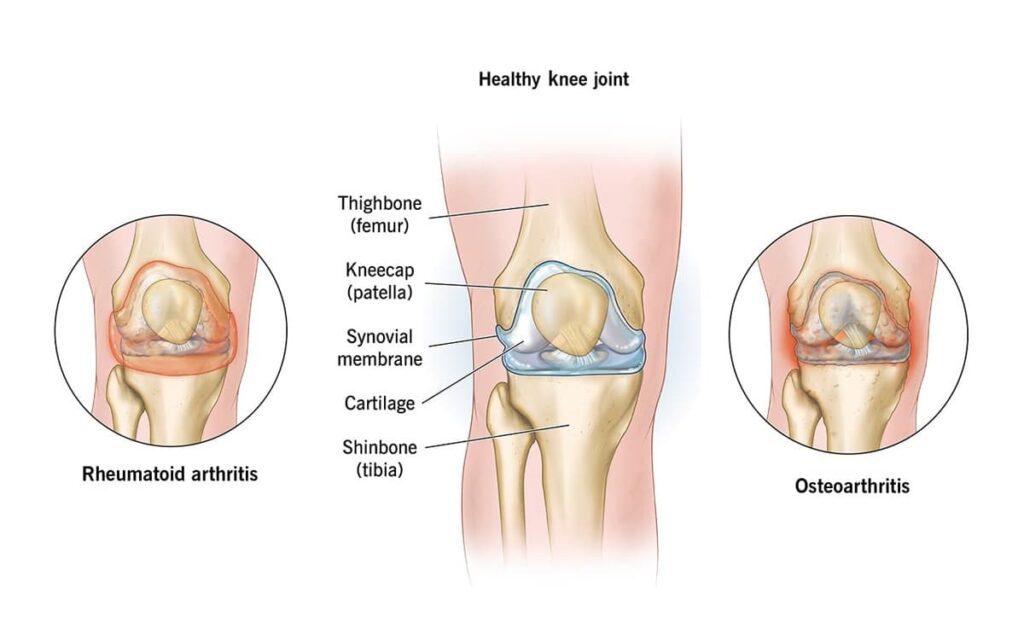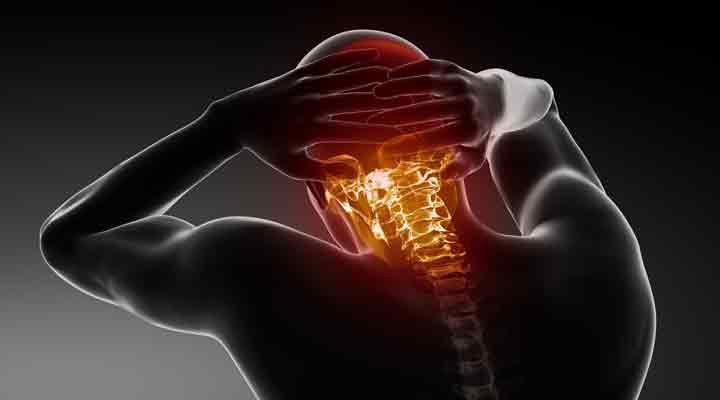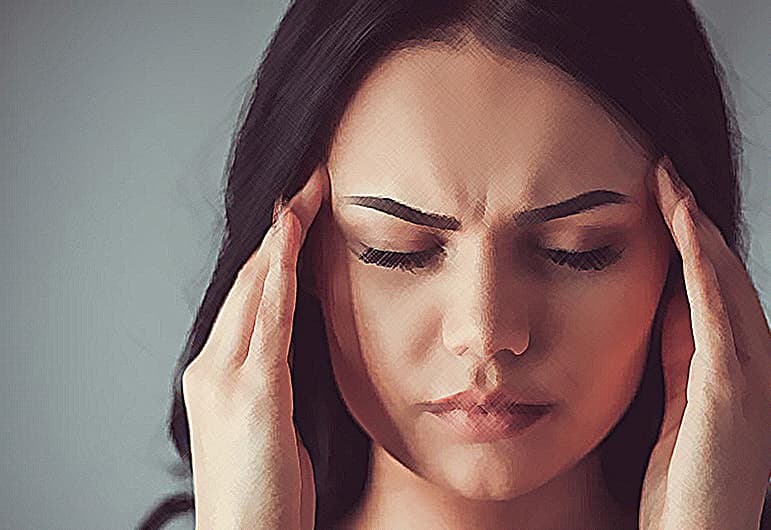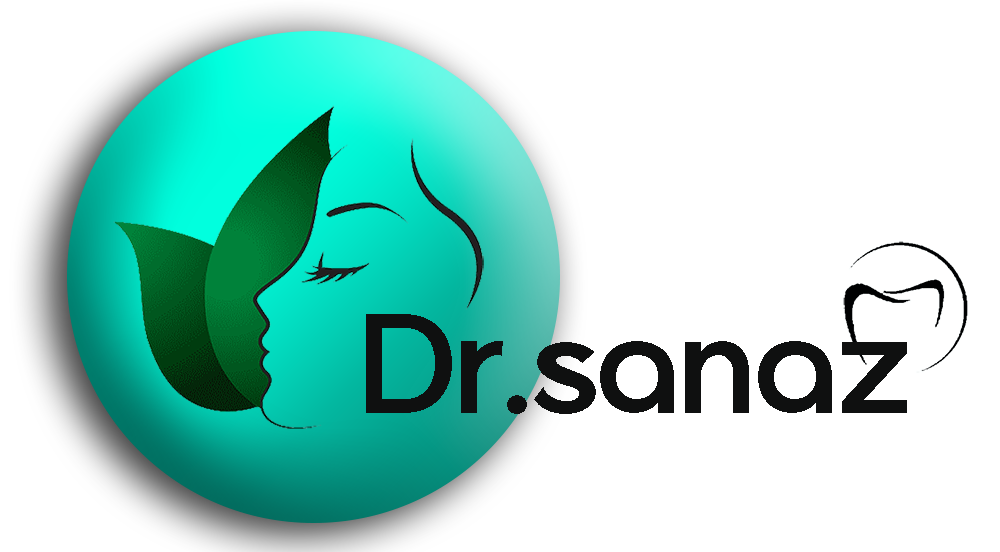

Headaches In The Back Of The Head And Right Eye
Headaches can be extremely annoying and can appear anywhere on the head. Headaches in the back of the head can have different causes.
Many of these causes can be recognized by other symptoms. These symptoms include the type of pain the person is experiencing and other areas where the pain may be present.
Several reasons can lead to headaches in the back of the head. In many cases, these headaches cause pain in different parts of the head and may be caused by some events. The type of pain, location, and other symptoms you feel can help your doctor diagnose the cause of the headache and how to treat it.
Pain in the neck and back of the head
Various reasons can cause pain in the neck and back of the head. These reasons include the following:
Arthritis
Arthritic headaches are caused by inflammation and swelling in the neck area. They often cause pain in the back of the head and neck. Movement usually makes the pain worse. Any arthritis can cause these headaches. The most common ones are rheumatoid arthritis and osteoarthritis.

Bad posture
Bad posture can cause pain in the back of your head and neck. Bad posture causes tension in the back, shoulders, and neck. And this tension can cause headaches. You may feel a dull, throbbing pain in the lower part of the skull.
Herniated discs
Disc herniation in the cervical spine can cause neck pain and tension. This condition can cause a type of headache called cervicogenic headache. headaches in the back of the head are felt. It may also be felt in the temples or behind the eyes. Other symptoms may include pain in the shoulders or upper arms.
Neck pain may worsen when lying down. In some people, this pain can disturb their sleep. When lying down, you may feel pressure on top of your head like a weight.
Occipital neuralgia
Occipital neuralgia occurs when the nerves that travel from the spinal cord to the head are damaged. Occipital neuralgia is often confused with migraine. Occipital neuralgia causes severe and throbbing pain in the head that starts from the base of the head in the neck and moves towards the scalp.

Symptoms of occipital neuralgia
- Pain behind the eyes
- An intense shooting sensation that feels like an electric shock in the neck and back of the head.
- sensitivity to light
- Pain when moving the neck
- Pain in the right side and back of the head
Various reasons may cause pain in the right side and back of the head.
These reasons include the following:
Migraine
Migraines can appear anywhere on the head, but many people experience them on the left or back of the head.
Migraines can cause:
- Severe, throbbing pain
- nausea
- Vomit
- watery eyes
- Sensitivity to light or sound
Migraine headaches may start on the left side of the head and then move around the temple to the back of the head and lead to headaches in the back of the head.
Pain in the back of the head when lying down
Various reasons can cause pain in the back of the head when lying down. These reasons include the following:
Cluster headaches
Cluster headaches are rare but very painful. People with cluster headaches experience frequent attacks. These periods or patterns of attacks may last for weeks or months. Cluster headaches may cause pain in the back or sides of the head.
They may get worse when lying down.
Other symptoms to look out for include:
- severe headache
- restlessness
- nausea
- Excessive shedding of tears
- nasal congestion
- drooping eyelid
- Sensitivity to light and sound

How are headaches in the back of the head treated?
The symptoms of many headaches can be relieved with over-the-counter pain relievers such as acetaminophen (Tylenol). Some medications, such as Tylenol Extra-Strength, can help if you have chronic headaches.
Treatment is most effective when the exact cause of your headache is known.
Treatment of arthritic headaches
Arthritic headaches are best treated with anti-inflammatory drugs and hot water compresses.
Treatment of headaches caused by bad posture
Headaches caused by bad posture can be treated immediately with acetaminophen. You can treat or try to prevent these headaches in the long run by improving your posture. Buy an ergonomic office chair with lumbar support.
Treatment of headaches caused by disc herniation
Headaches caused by disc herniation depend on the treatment of the underlying disease. Treatment for a herniated disc includes physical therapy, stretching, chiropractic manipulation, epidural injections for inflammation, and surgery if needed. Suitable results may be maintained with exercise.
Treatment of occipital neuralgia
Occipital neuralgia may be treated through heat therapy, nonsteroidal anti-inflammatory drugs (NSAIDs), physical therapy, massage, and muscle relaxants. In severe cases, the doctor may inject a local anesthetic into the back of the head for immediate relief. This treatment option can last up to 12 weeks.
Treatment of tension headaches
Tension headaches are usually treated with over-the-counter pain relievers. Your doctor may prescribe prescription medications for severe and chronic tension headaches. Your doctor may also prescribe preventive medications, such as antidepressants or muscle relaxants, to prevent future headaches.

Migraine treatment
In the case of migraines, your doctor may prescribe preventive medications, such as beta-blockers and immediate pain relievers. Some over-the-counter medications, such as Oxidrin Migraine, are designed specifically for migraines. These may be helpful for mild migraines but not for severe migraines. Your doctor may also help you discover migraine triggers to avoid them.
Treatment of cluster headaches
The treatment of cluster headaches which appears as headaches in the back of the head focuses on shortening the duration of the headache, reducing the severity of the attacks, and preventing further attacks from occurring. Acute treatment may include:
Triptans also used to treat migraines, can be injected for quick relief.
octreotide, an injectable synthetic version of the brain hormone somatostatin
Local anesthesia
Preventive measures may include:
Corticosteroids
Calcium channel blockers
melatonin
Nerve blockers
In very severe cases, surgery may be used.
When should you see a doctor?
If:
You experience new headaches that last more than a few days.
Your headaches interfere with your normal activities.
The pain is accompanied by tenderness near the temple.
You experience new changes in headache patterns.
If you have more severe headaches than before or have gotten progressively worse, you should make an appointment as soon as possible.
Some signs indicate an emergency. If you experience a headache along with any of the following symptoms, seek emergency medical attention:
Severe headaches
Sudden changes in your personality, including unusual mood swings or agitation
Fever, neck stiffness, confusion, and loss of consciousness to the point where you have trouble concentrating on a conversation.
Visual disturbances, speech disturbances, weakness (including the weakness on one side of the face), and numbness anywhere in the body
Headaches usually come on suddenly, especially if they wake you up.
Related: “What Is The Difference Between Intermittent, Remittent, And Relapsing Fever?“





Share in :
Explore more


Sitting A Long Time And Being Overweight- Drhealthandbeauty

